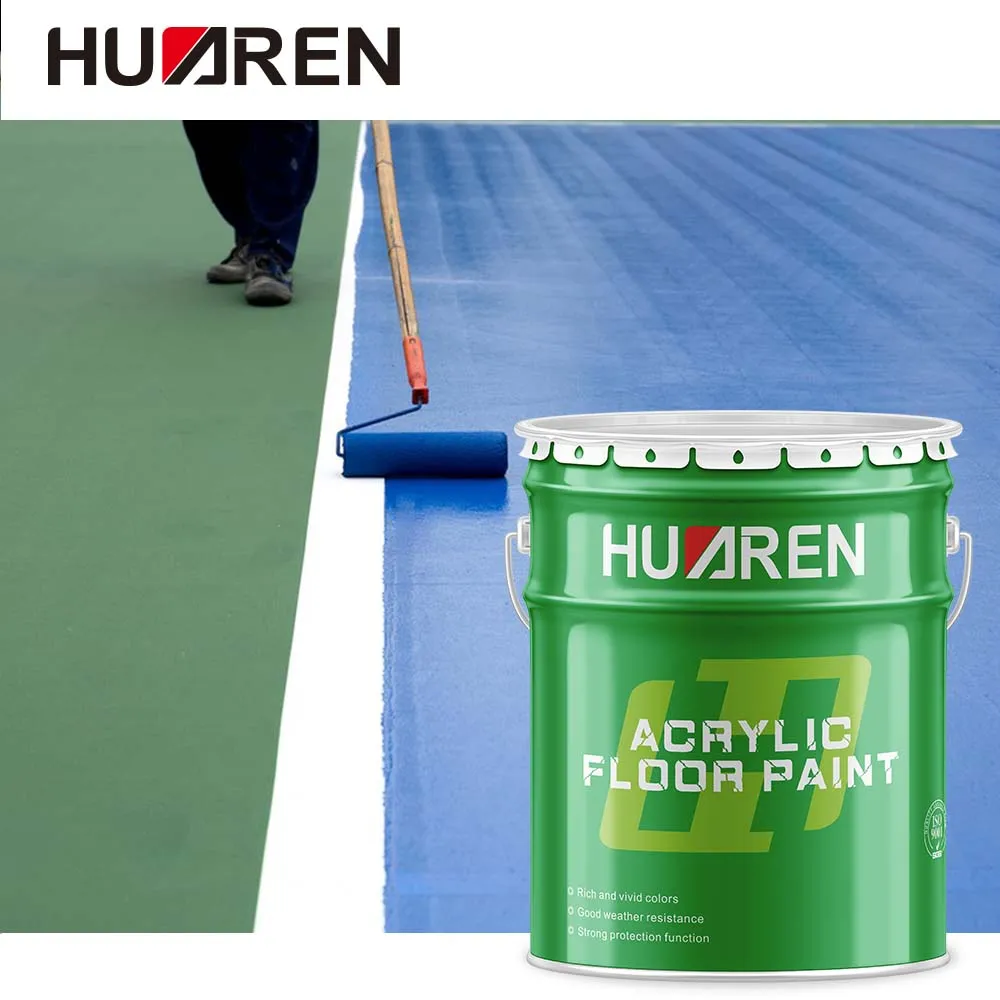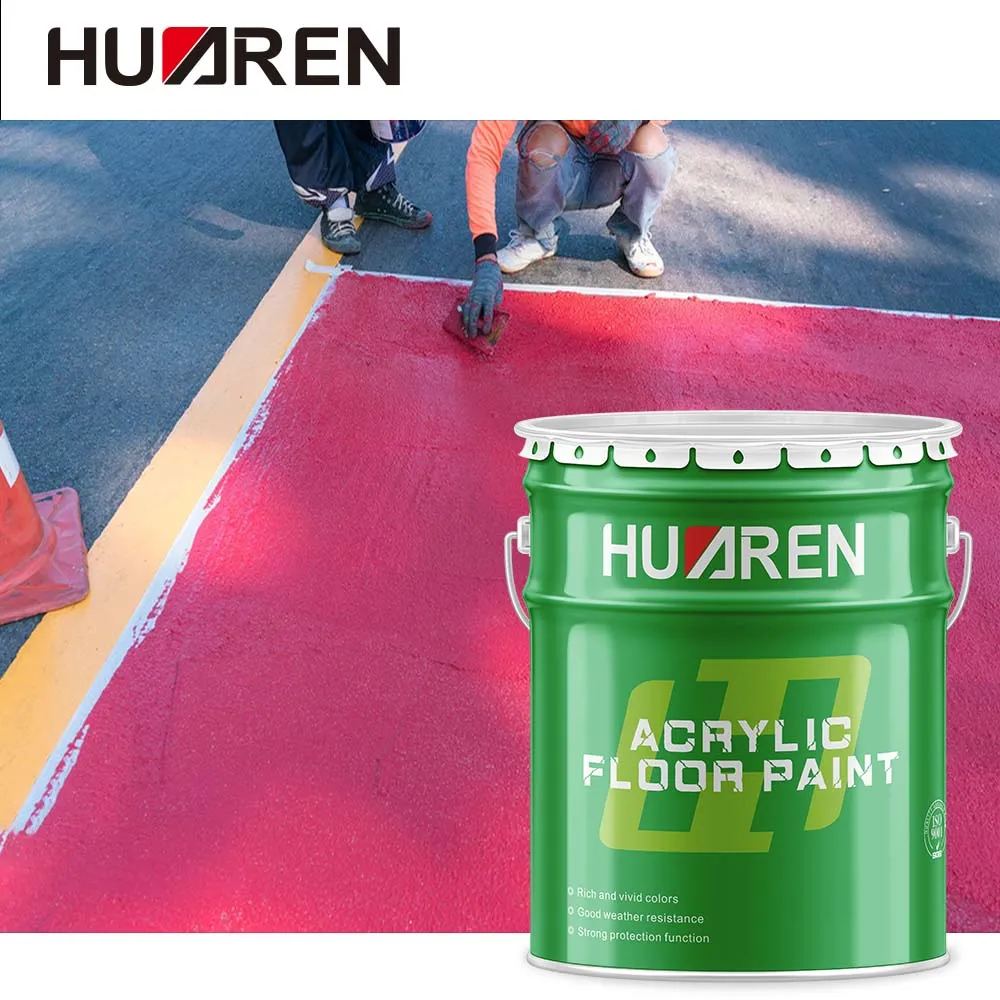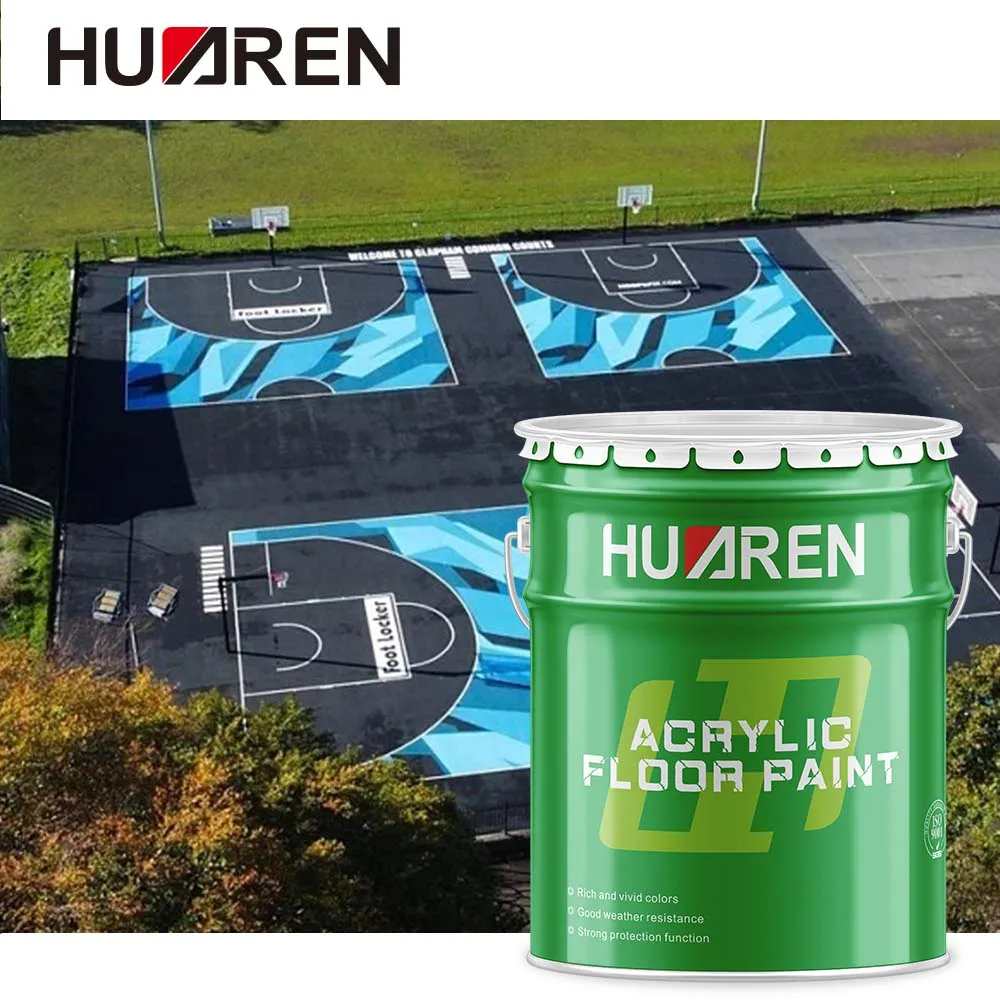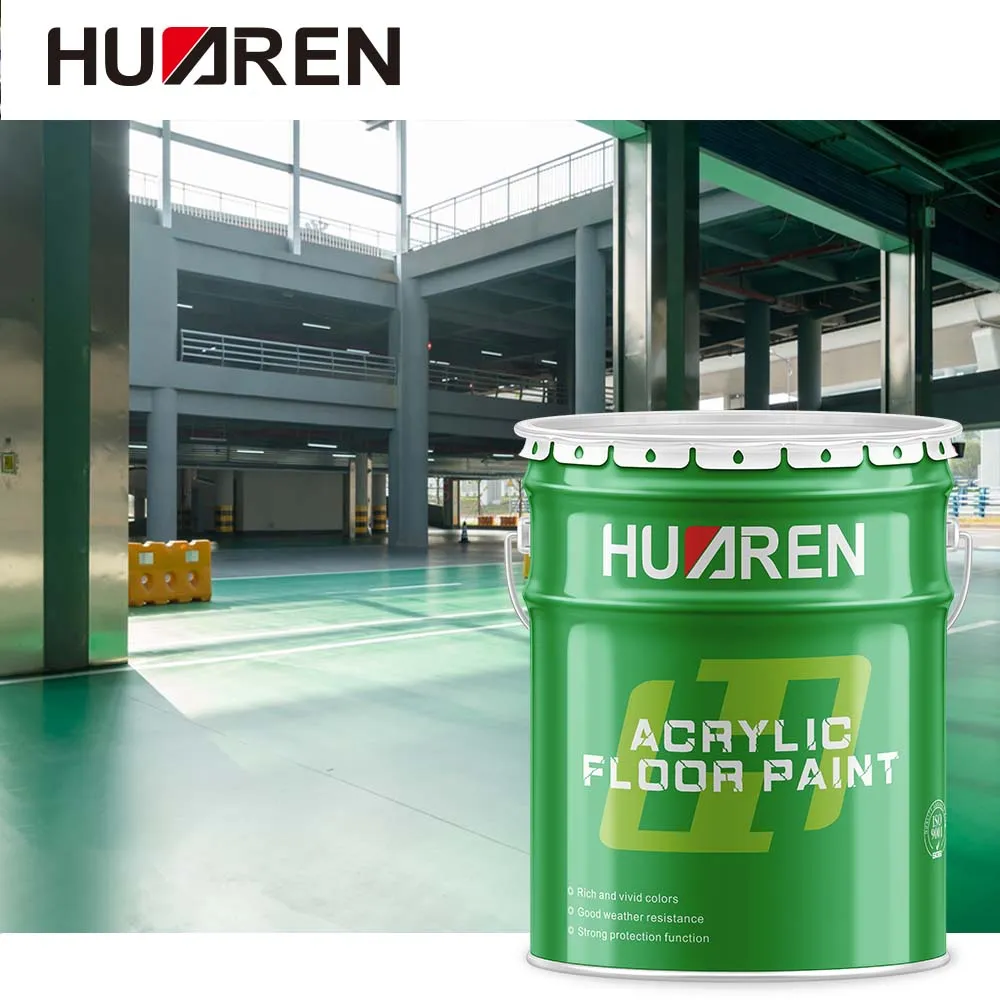Paint is an indispensable material in modern architecture, home decoration, industry, automobile and other industries, which can provide protective and decorative coatings for different surfaces. Among the types of paint, acrylic paint is widely used in many fields due to its excellent properties, such as weather resistance, UV resistance, strong adhesion, etc. Heavy body acrylic paint, as one of them, has a wider range of applications, especially in industrial and architectural coatings with higher requirements.
When using heavy body acrylic paint, many people may have a question: Can water be added to heavy body acrylic paint? This question seems simple, but it involves many aspects such as the formulation, performance, and construction method of the paint. Incorrect operation may lead to poor effect of heavy body acrylic paint and even damage the long-term effect of the coating, so it is important to understand the relevant knowledge.
This article will explore the question of "Can water be added to heavy body acrylic paint", analyze the impact of water on paint, and explore under what circumstances it may be feasible to add water, and vice versa. What consequences may it bring. We will answer this question in detail from multiple dimensions such as the basic composition, performance requirements, and usage of heavy body acrylic paint to help consumers, professionals, and workers make the right choice.

What is heavy body acrylic paint?
Heavy body acrylic paint is a paint based on acrylic resin as the main component, which is widely used in industry, construction, transportation and other fields. Its main features are thicker coating and higher durability, which can withstand more severe environmental conditions and are usually used in places with higher requirements for corrosion resistance, weather resistance and wear resistance.
The main components of heavy body acrylic paint include:
● Acrylic resin: As the main binder, acrylic resin gives the paint excellent adhesion, weather resistance, UV resistance and other properties.
● Pigment: Pigment provides color for the paint, and can also improve the coating's covering power and UV resistance.
● Solvent: Solvent is the source of paint fluidity and can adjust the viscosity and spraying performance of acrylic paint.
● Filler: Filler is an important component to increase the volume of the paint, increase the coating thickness, and improve the wear resistance and anti-corrosion performance.
Thick coatings of heavy body acrylic paint are often used in industrial equipment, bridges, roads, building exteriors and other fields to provide long-term protection for these structures from corrosion, pollution and damage. The coating is usually thick and can effectively resist the erosion of the natural environment such as wind, sun, rain and so on.

What effect does water have on heavy body acrylic paint?
As a common solvent, water has low volatility, good wetting and solubility, and can be used as a diluent to adjust the viscosity or fluidity of the paint in some cases. However, the effect of water on heavy body acrylic paint is not entirely positive. Excessive addition of water may affect the performance of the paint and cause the quality of the coating to deteriorate.
In heavy body acrylic paint, the addition of water may have the following effects:
● Changing the viscosity of the paint: Water added to heavy body acrylic paint will dilute the viscosity of the paint and make it more fluid. Although the right amount of water may help adjust the spraying performance of the paint, if too much water is added, the viscosity of the paint may be reduced too much, resulting in insufficient coating coverage and failure to achieve the expected thickness.
● Affecting the adhesion of the coating: During the curing process of acrylic resin, it is necessary to form a strong adhesion with the coating substrate. If there is too much water, the acrylic paint may not be able to closely bond with the substrate, resulting in weakened adhesion of the coating, or even peeling and peeling.
● Drying and curing speed of the coating: As one of the solvents, too much water may change the drying and curing process of heavy body acrylic paint. Excessive evaporation of water may cause the coating surface to dry prematurely, thereby affecting the uniformity of curing, and even causing the coating to dry too quickly and cause problems such as cracks or bubbles.
● Decreased durability and corrosion resistance: The protective performance of heavy body acrylic paint mainly comes from the density and adhesion of the coating. Excessive water may cause the density of the coating to decrease, thereby affecting the waterproof and anti-corrosion capabilities of acrylic paint. In the long run, the coating may peel off or lose its protective effect.
● Affecting the dispersion of pigments: The pigments in heavy body acrylic paint are dispersed in the paint matrix through components such as acrylic resin and solvent. When water enters the paint, it may change the dispersion state of the pigment, resulting in uneven distribution of the pigment, which will affect the color uniformity and coverage of the coating.

When can water be added?
Although too much water will affect the performance of heavy body acrylic paint, in some cases, an appropriate amount of water can be added. The specific situation needs to be judged according to the type of paint, usage requirements and construction environment.
Follow the product instructions
Different types of heavy body acrylic paint may have different formulas and requirements. Some products will clearly state that a certain proportion of water can be added to adjust the viscosity and spray performance of the acrylic paint. In this case, it is completely fine to add water according to the requirements of the product instructions. Usually, the product instructions will specify the water addition ratio and its effect on the performance of the acrylic paint in detail.
Adjust the spray performance
When using a spray gun for painting, it is sometimes necessary to adjust the fluidity of the paint to better control the spraying effect. In this case, an appropriate amount of water can be added to adjust the viscosity of the heavy body acrylic paint to make it easier to spray through the nozzle. It should be noted that the addition of water should be done gradually to avoid the paint being too thin.
Increase the operability of the paint
In some construction environments, due to high temperatures or high wind speeds, heavy body acrylic paint may dry too quickly, affecting the construction quality. In this case, adding water in moderation can slow down the drying speed of the paint and increase the operation time. However, such an approach needs to be cautious so as not to affect the drying and curing effect of the coating.
Selection of water-based paint
In some special applications, if water-based paint is required to meet environmental protection and safety requirements, it may be more appropriate to choose a suitable water-based acrylic paint. Water-based paint itself uses water as a solvent, which makes it easier to add water without causing too much negative impact. It should be noted that water-based paint is different from heavy body acrylic paint, so it should be carefully selected when using it.

Consequences of excessive water addition
Although adding water is acceptable in some cases, excessive water addition will have an irreversible effect on the performance of acrylic paint. The following are the negative consequences of excessive water addition:
Weak coating
Excessive water will dilute the heavy body acrylic paint, resulting in the coating thickness failing to meet the expected requirements, affecting the coating's coverage and protective effect. The coating may become weak and unable to effectively prevent corrosion, pollution and other external factors.
Peeling and peeling
Due to the weakened adhesion of acrylic paint, excessive moisture may cause the coating to adhere poorly to the substrate, resulting in peeling and peeling. Especially when subjected to external forces or environmental changes, the stability and durability of the coating are greatly reduced.
Uneven drying and curing
The addition of too much moisture may cause the coating surface to dry prematurely, resulting in uneven drying speed of the coating. Coatings that still contain moisture inside may crack under external temperature changes, or form bubbles during the curing process, affecting the appearance and strength of the coating.
Reduced corrosion resistance
The corrosion resistance of heavy body acrylic paint depends on the compactness of the coating. Excessive moisture may reduce the sealing of the paint coating, making it easy for air and moisture to penetrate the surface of the substrate, increasing the risk of corrosion.
Huaren Chemical Industry Co., Ltd. has earned its place as one of China’s premier manufacturers of industrial paints and resins. With a strong production capacity of over 20,000 tons annually, Huaren is capable of meeting the demands of industries worldwide. From epoxy paints to phenolic and acrylic paints, our products are used in various sectors including construction, petrochemicals, and shipbuilding. Looking to purchase wholesale? Huaren offers low-price options for bulk orders, and we provide customized solutions tailored to your specific needs. Whether you're buying in bulk or need high-quality products for industrial use, Huaren is the supplier you can count on.

